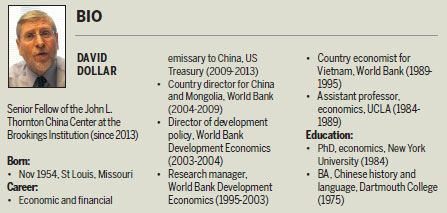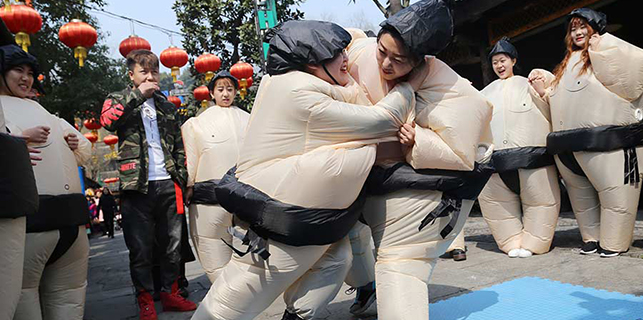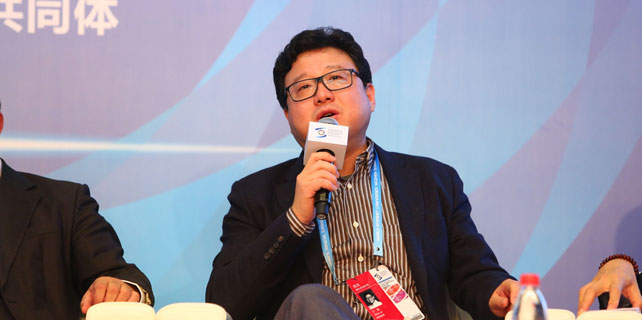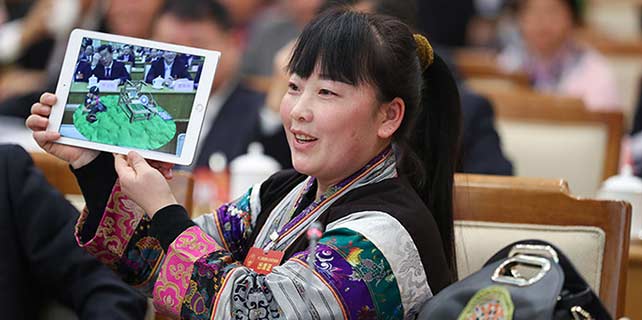An economist on China

China years
Coming back to UCLA, Dollar continued to teach economics while doing some consulting work for the World Bank.
In 1989, he accepted a job offer from the World Bank and moved to Washington. He worked for six years as a country economist for Vietnam, which just launched its economic reform. He then moved to the research department for another seven plus years before becoming country director for China and Mongolia in 2004.
That assignment turned into a nine-year stay in Beijing for him and his family, including five years with the World Bank and four as US Treasury emissary in Beijing.
The relationship between the World Bank and the Chinese government was "very good" in general but "it changed over time," he said.
In the early days of Chinese economic reform and opening-up, the World Bank financed the earliest expressways in China and introduced new ideas, including advising China on its accession to the World Trade Organization.
When Dollar arrived in 2004, China was already a middle-income country and one of the biggest economies in the world. Its agenda had also shifted.
"So what I tried to do with the World Bank program was to shift and to focus more on environmental issues and social issues," he said, citing the cleanup of the West Lake in Hangzhou, the Li River in Guilin, the Pearl River in Guangzhou and Suzhou Creek in Shanghai.
"I think we played a helpful role," Dollar said.
In 2006, the Chinese government granted Dollar the "Friendship Award," the top prize for foreign experts who made outstanding contributions to China's social and economic progress.
"I am officially a friend of China," Dollar said with pride.
He had also travelled extensively during the nine years in China, including to remote places such as Xinjiang and Tibet. He pointed to a photo he took of the Qomolangma (Mount Everest), where he slept in a tent at the base of the mountain.
Besides business trips, he also went on many vacations with his family. "Frankly, my family was very happy in Beijing. They didn't want to move back," he said.
His daughter and son attended the Western Academy of Beijing, a private international school, and his wife, who had also studied Chinese in Taiwan, was the best Chinese language speaker at home. "Whenever we travelled around, she would be our spokesperson" Dollar said.
He felt especially privileged to have travelled extensively in China in 1986 because it has given him a perspective on what's been accomplished in China, achievements he calls "really remarkable."
During his trips in 1986, Shanghai's Pudong area was mostly farm fields and there was nothing in Shenzhen but officials saying what they were going to do. "You go around the world and local officials tell you to come back in 10 years and this is going to be a big city, most of the time that's nonsense," Dollar said.
He has since revisited Shenzhen several times. It now boasts a population of over 10 million. "It's unbelievable," he said.
When Dollar left the World Bank in 2009, US Treasury Secretary Tim Geithner hired him as the Treasury emissary in Beijing. Dollar admitted that he was a bit nervous because the World Bank is a friend of China while the US Treasury's relationship with China was more complicated.
"I think in a lot of ways US and China are friends," he said. "But there is also some tension."
















